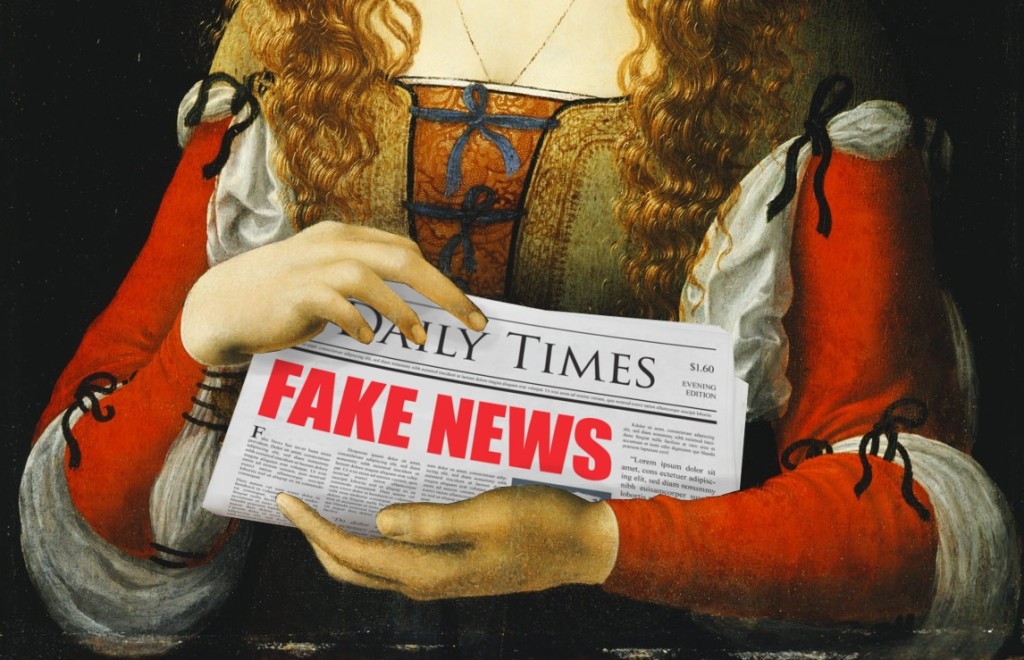
Foreseen Failure of Vaccination Efforts in Bulgaria
At the end of May, the IME wrote that it was high time for a ramp-up of vaccine efforts in Bulgaria. By this, we meant that the vaccination process should be made the first and foremost governmental priority, and that as many tools as possible should be sought and employed to speed up the pace.
The reason was obvious. The country was substantially far behind achieving the set target – vaccinating 70% of the adult population by the end of August.










